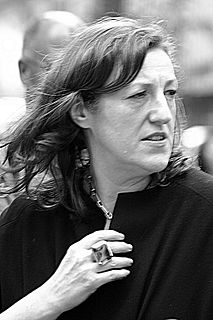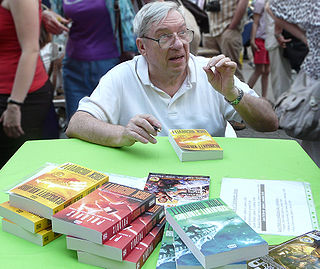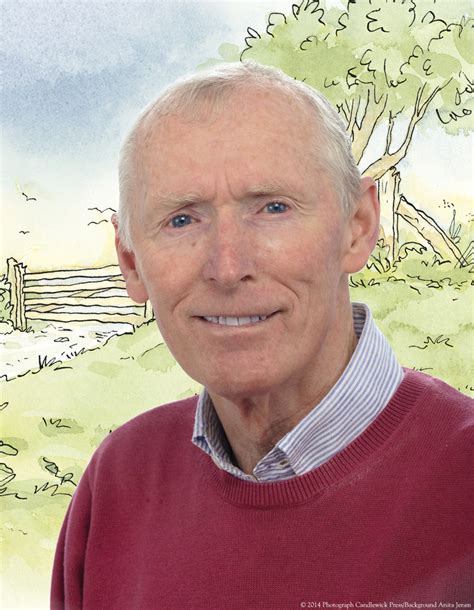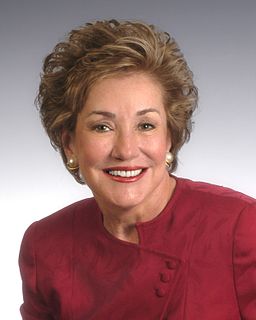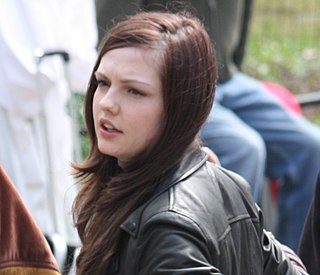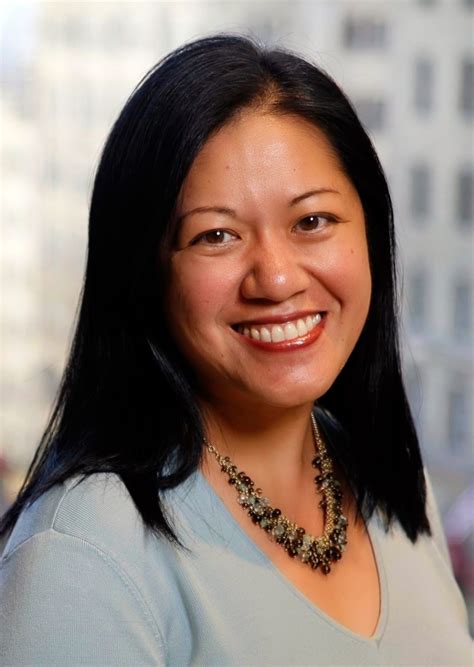A Quote by Glenda Bailey
Here's the thing: celebrities understand the power of original ideas because often that's why they act. They want to be in movies that tell a story. They know the power of iconic imagery. Often, you find that people really want to participate.
Related Quotes
I can only tell you the kind of power I want, which is the power to persuade. But I do not want the power to tell other people what to do. Persuade assumes that the other person is going to make the decision. Especially as a writer and an activist, I want the power to put ideas and possibilities out there, but I understand that they will only work if they are freely chosen, so I don't want the power to dictate or to force the choice, ever.
Too often, when you are close to people in power, you're trying to make them happy; you're trying to tell them what they want to hear. But I find that really good leaders don't want that. They want the truth. And you do them a service, and yourself a service, by just being honest and straightforward.
I would rather sit next to a transgender person and discuss why every single one I've met smells like a bar in the daytime than listen to people tell my why I want to have children and that I just don't know it yet. I do know, because I'm me and my feelings are the ones in my head. I don't want to have kids, and it's not a device to get attention or have conversations about it. I simply find children incredibly immature and, more often than not, dumb.
People often ask authors where their ideas come from, and often authors say they don't know. But I do know about this one. Once upon a time, my wife and I had three small children -- two boys and a girl, just like in the story. And when they were young, we used to tell them a story very like YOU'RE ALL MY FAVORITES.
Human-centered design. Meeting people where they are and really taking their needs and feedback into account. When you let people participate in the design process, you find that they often have ingenious ideas about what would really help them. And it’s not a onetime thing; it’s an iterative process.
[On power:] Some people really have almost a disdain for that word. They feel it is alien to conscience. Power for power's sake, no. But the positive use of power for positive purposes is very important. You have to understand that. You've got to have a seat at the policy table if you want to make a difference.
You grow up loving movies, and your first instinct is you want to be an actor, because those are the people you see in the movies. But when you actually become an actor, you're like, 'Oh, wait, this is actually only a small portion of the storytelling. If I want to really tell a story, I'd want to be a director.'
And nothing inspires as much shame as being a parent. Children confront us with our paradoxes and hypocrisies, and we are exposed. You need to find an answer for every why — Why do we do this? Why don’t we do that? — and often there isn’t a good one. So you say, simply, because. Or you tell a story that you know isn’t true. And whether or not your face reddens, you blush. The shame of parenthood — which is a good shame — is that we want our children to be more whole than we are, to have satisfactory answers.
So often with beginning writers, the story that they want to start with is the most important story of their life - my molestation, my this, my horrible drug addiction - they want to tell that most important story, and they don't have the skills to tell it yet, so it ends up becoming a comedy. A powerful story told poorly becomes funny, it just makes people laugh behind their hands.
When I want to explain why empowering girls and women is critical to fighting poverty, I often tell a person's story. It's easier to relate to a personal story than to global data telling us that the majority of the billion people who live on less than $2 per day are women and girls. We are often told to never treat a person like a statistic.
